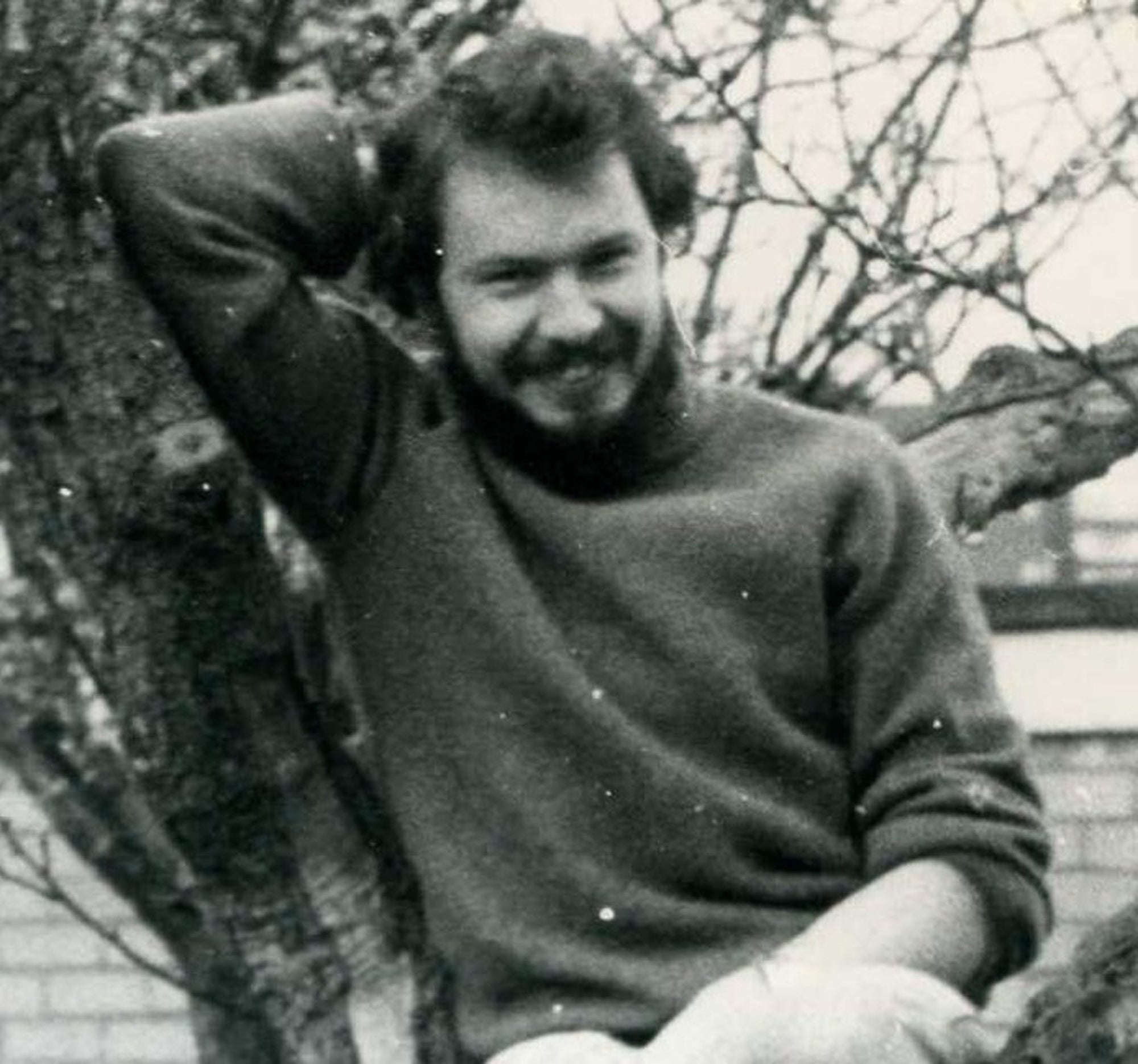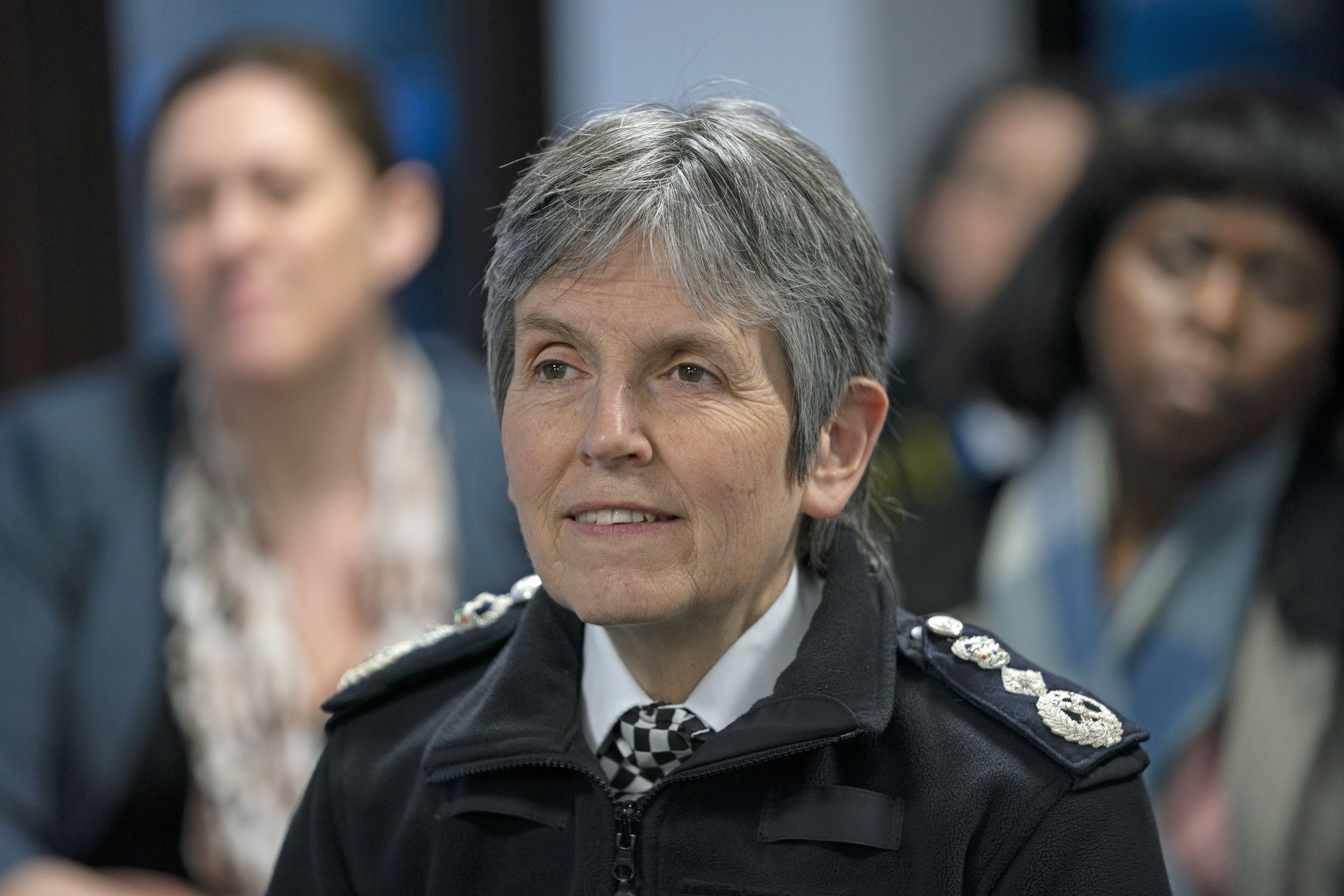
The family of a private investigator murdered 35 years ago have claimed a “culture of corruption” continues to “flourish at the highest ranks” of the Metropolitan Police.
Relatives of Daniel Morgan, whose 1987 murder remains unsolved, hit back after the force repeated its rejection of findings from an independent inquiry that it is institutionally corrupt.
The force instead insisted it can be the “police service that London deserves” and said “Londoners should be reassured by our work” as it promised to keep trying to solve the killing in the car park of the Golden Lion pub in Sydenham, south-east London.

In June an independent report accused the force of institutional corruption over its handling of the case, saying it had concealed or denied failings to protect its reputation.
At the time Commissioner Dame Cressida Dick apologised to Mr Morgan’s family – who are suing the Met – saying it was a “matter of great regret that no-one has been brought to justice and that our mistakes have compounded the pain suffered by Daniel’s family”.
Publishing its formal response to the independent inquiry’s findings on Friday, the Met accepted “corruption was a major factor in the failings of the first investigation, but we do not accept that we are institutionally corrupt as has been suggested”.
It did, however, admit some officers “may be vulnerable to corruption” and said the force was “working hard” to root this out.
Mr Morgan’s family said they were “saddened – but not surprised” to see the Met “remains paralysed in relation to the panel’s key finding of institutional corruption: the Commissioner and her team remain unable or unwilling to confront its far-reaching implications”.
In a statement they claimed a “culture of corruption, cover up and denial” continues to “flourish at the highest ranks” of the force and “neither the Home Secretary nor the Mayor nor those in charge of the IOPC (the Independent Office for Police Conduct) have shown any signs of will or ability to address this crisis”.
Police pursued thousands of lines of inquiry and conducted six extensive investigations into Mr Morgan’s death, while numerous independent assessments and five forensic reviews have already been carried out.
Another forensic review of evidence linked to the case has now been commissioned.

The force said it has “improved significantly” in the past 35 years but that “in no way brings consolation to Daniel’s family who have been badly let down”, adding: “We remain committed to getting justice for his family.”
Those responsible for the murder have managed to escape justice, “for now”, the Met said, but insisted it had not “given up on this case”, adding: “There still remains a possibility of solving this murder. Our work to make that happen will not stop no matter how much time passes.”
A £50,000 cash reward for information leading to a successful prosecution – one of the largest rewards ever made available by a UK police force – is still being offered.
Deputy Assistant Commissioner Barbara Gray, who leads the response to the report, said: “There is undoubtedly more to do, but Londoners should be reassured by our work to address this report.
“We will use our response to these recommendations, as well as our commitments to build trust and confidence more generally, to be the police service that London deserves.”
The news comes after the London Assembly Police and Crime Committee called on the IOPC to decide whether it will launch an investigation into Dame Cressida “as a matter of urgency”, saying the inquiry raised “serious questions about the conduct of the Commissioner”.
The IOPC said: “We are undertaking our own assessment to determine whether there are any conduct matters identified within the report for any named police officer, including the Commissioner and former commissioners, that may require a referral to us.”
The findings of another police watchdog investigation into the Morgan case and how the force tackles corruption are also expected to be published soon.







